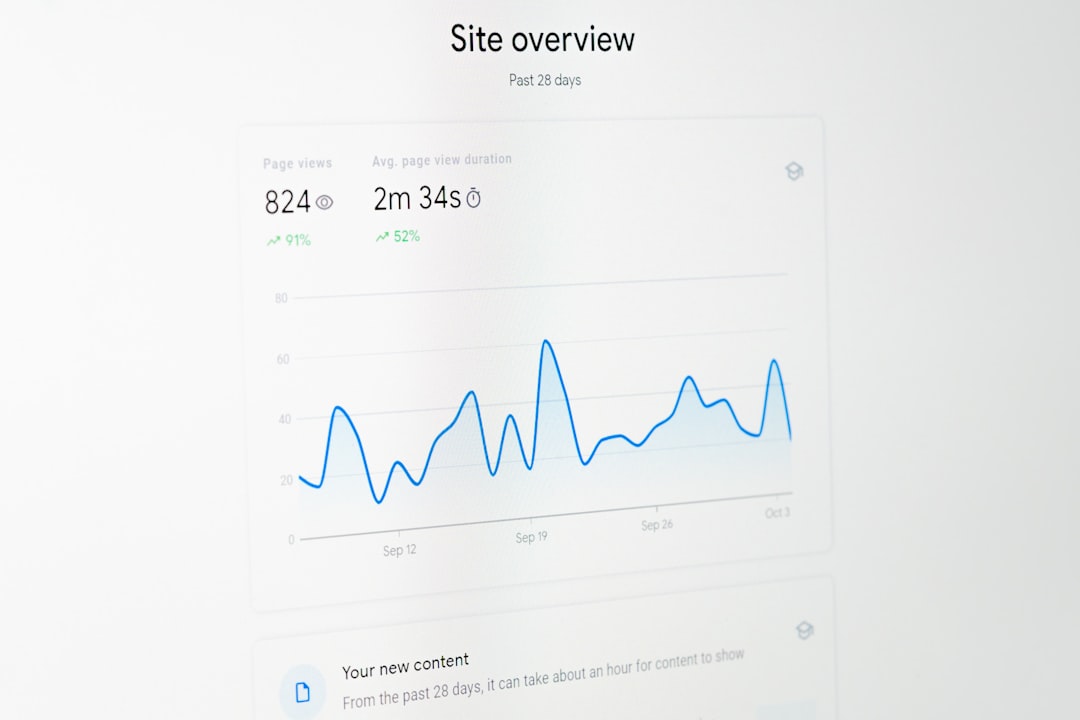Anyone interested in doing business in Wisconsin, learning more about a local company, or researching competitors needs to understand how to perform a Wisconsin Business Entity Search. Whether you’re an entrepreneur scouting name availability, an investor analyzing a company’s legal status, or simply a curious customer, the Wisconsin Department of Financial Institutions (DFI) offers an online portal for looking up essential details about registered businesses.
This guide will walk you through a step-by-step process to conduct Wisconsin business entity searches, check business filings, and review publicly available details about companies operating in the state. We’ll also cover the benefits of using this tool and tips for interpreting the search results effectively.
Why Use the Wisconsin Business Entity Search?
Before diving into the how-to steps, it’s helpful to understand why this tool is so valuable:
- Entrepreneurs and new business owners can verify if a business name is already in use or available for registration.
- Consumers can verify a business’s legitimacy and check its compliance status.
- Legal professionals and researchers can access key records for compliance, litigation, or contract review.
- Investors can study business history, existence, and changes in structure over time.
Step-by-Step: How to Perform a Wisconsin Business Entity Search
The Wisconsin Department of Financial Institutions (DFI) maintains a free and publicly accessible entity search platform on its website. Here’s how to use it:
Step 1: Visit the DFI Corporate Records Page
Begin by visiting the Wisconsin DFI Corporate Records Search. This is the official portal for searching registered business entities across the state.
Step 2: Choose Your Search Criteria
On the search form, you can input various types of information. Choices include:
- Business Name (full or partial)
- Registered Agent’s Name
- Entity ID (if known)
You can also perform advanced searches by status (active, dissolved, etc.) and entity type (LLC, corporation, partnership, etc.). For general use, a simple name search is usually sufficient.
Step 3: Browse the Search Results
After submitting your search query, you’ll be presented with a list of matching business entities. These results will include partial names along with the full registered entity name, type of business, current status, and formation date.

Click on the specific business you’re interested in to view more detailed information, which includes:
- Registered agent name and address
- Principal office address
- Filing history
- Entity status (e.g., active, administratively dissolved)
- Annual reports and statements
Understanding Filing Information
Each entity profile contains a section listing all filed documents. Understanding these filings is essential when conducting due diligence or ensuring compliance.
Key Documents Typically Available:
- Articles of Incorporation/Organization: The foundational legal documents submitted when a business is formed.
- Amendments: Changes made to the business structure or name.
- Annual Reports: Yearly reports that ensure the business remains in good standing with the state.
- Statement of Change: Changes to the registered agent, office address, or other contact details.
These documents are commonly downloadable in PDF format directly from the DFI search system, making the process both easy and efficient.
Filings for New and Existing Businesses
The Wisconsin DFI portal isn’t strictly for searching; it also allows for a variety of business filings. Whether you’re forming a new LLC or submitting your annual report, you can process many forms online. Here’s what you can expect to do through the system:
Common Online Filings via Wisconsin DFI
- Register a new LLC or Corporation
- Submit annual reports
- File an amendment or name change
- Change registered agent or address
- File for dissolution or reinstatement

To file, users first create a secure account with the DFI. This account allows you to track filings, get reminders, and access stored documents anytime. The system also conveniently accepts electronic signatures.
Checking for Name Availability
One major benefit of the DFI business search is that it helps determine if a business name is already in use. When forming a new entity, it’s essential to select a unique name that won’t confuse customers or infringe on another registered business.
To confirm availability:
- Enter your desired business name in the search field
- Review all results for exact or similar matches
- If no matches show up, it’s likely that the name is available
Note that name availability is not a guarantee of name approval. The DFI ultimately determines approval during the filing process.
Pro Tips for Using the Entity Search Effectively
To get the most out of your business entity search in Wisconsin, keep the following best practices in mind:
- Try variant spellings: Search for singular/plural versions or abbreviations (LLC vs. L.L.C.).
- Use partial names: Sometimes, using a shorter keyword base will yield more comprehensive results.
- Check multiple statuses: A business may be inactive or administratively dissolved but still hold importance in historical or legal contexts.
- Don’t rely solely on search availability: Always wait until you receive an approved filing before investing in branding or marketing material.
What the Business Entity Database Doesn’t Tell You
While the DFI search tool is robust, there are limitations. Some things it won’t usually include:
- Financial records or tax documents
- Private contracts or ownership agreements
- Trademark or intellectual property details (these are handled by the U.S. Patent and Trademark Office)
If you require this level of detail, consider hiring a business researcher or attorney to help guide your investigation or due diligence process.
Conclusion
Conducting a Wisconsin Business Entity Search is not just a legal convenience—it’s a business strategy tool that empowers entrepreneurs, professionals, and consumers alike. From ensuring name availability to confirming a company’s status, the Wisconsin DFI’s online portal provides a reliable window into the state’s corporate landscape.
And whether you’re starting your first LLC, checking the background of a potential partner, or staying compliant on annual filings, the DFI system is your go-to resource. It’s efficient, transparent, and designed to support Wisconsin’s thriving business environment. Embrace the power of public records—and make every business decision with insight and confidence.